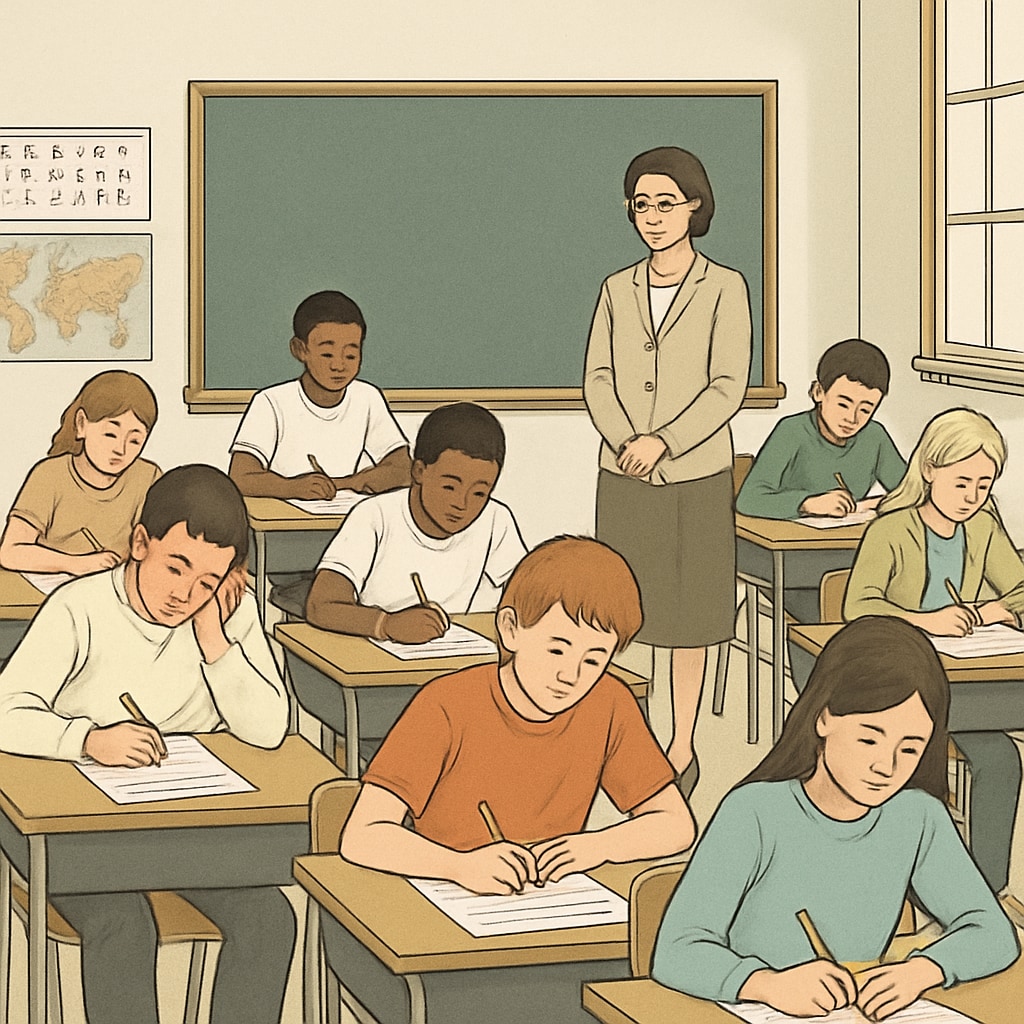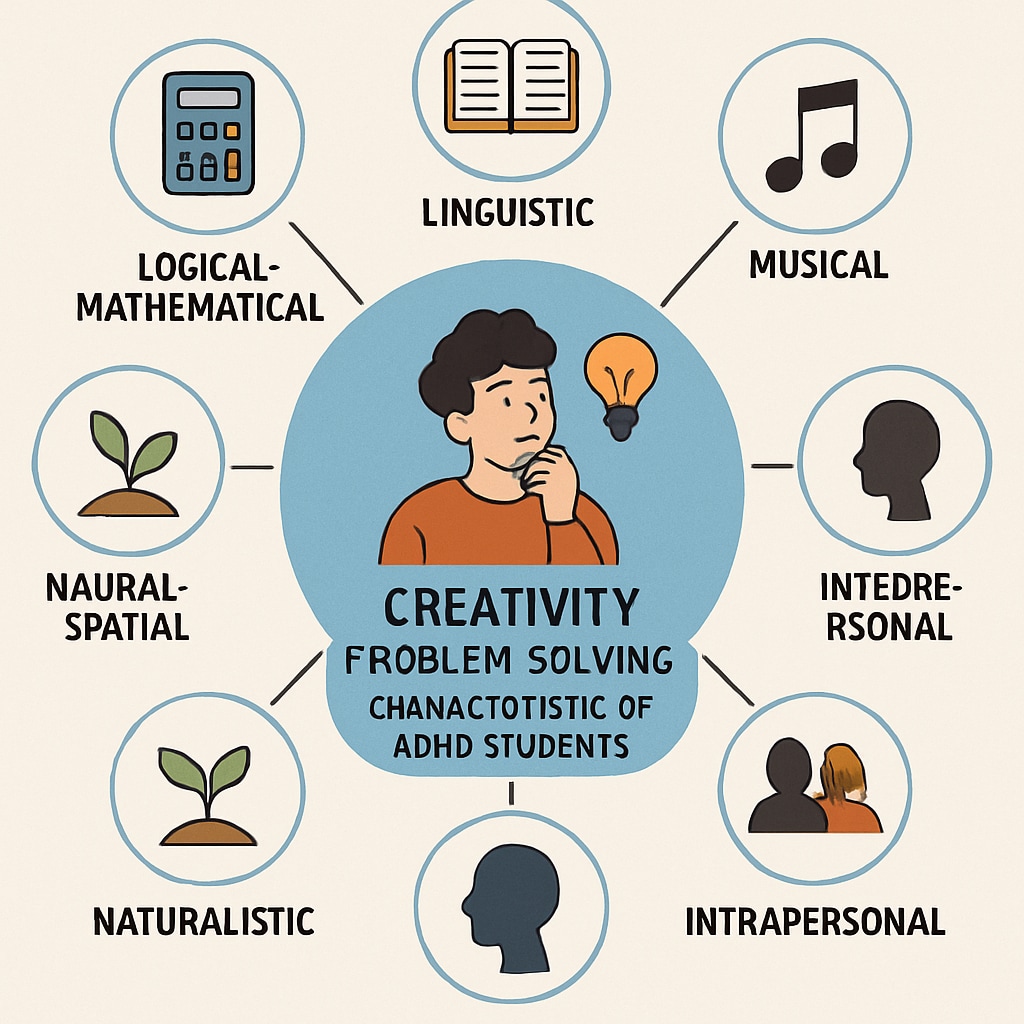Gifted programs are designed to nurture exceptional talent, but their reliance on standardized tests and rigid selection criteria often fails to recognize the unique brilliance of ADHD students. Children with ADHD (Attention Deficit Hyperactivity Disorder) frequently possess extraordinary problem-solving skills, creativity, and intelligence—qualities that can be overshadowed by their non-conventional learning patterns. This article explores how the current education system excludes ADHD students from gifted programs and what can be done to address this systemic issue.
Why Gifted Programs Are Missing ADHD Students
The selection process for gifted programs often hinges on standardized tests and short-term academic performance. These assessments prioritize structured thinking, memorization, and conformity to traditional classroom norms—traits that ADHD students may struggle with, despite their high intellectual potential. For example, ADHD students may excel in creative thinking or show bursts of brilliance in problem-solving but fail to maintain consistent results on traditional tests.

Furthermore, ADHD students often experience challenges with sustained focus, which can lead to lower scores in timed tests. However, their ability to think outside the box and approach problems from unique angles is rarely captured by such evaluations. As a result, their potential remains unrecognized, and they are systematically excluded from opportunities that could foster their growth.
ADHD and Standardized Testing: A Mismatch
Standardized tests favor students who excel in linear thinking and rote memorization, but ADHD students often thrive in environments that allow for creativity and flexibility. A study published by Britannica highlights the limitations of standardized testing in evaluating diverse intelligence types. ADHD students may perform poorly in these rigid settings, not because they lack ability, but because the format fails to accommodate their strengths.
For example, an ADHD student might have an exceptional ability to spot patterns or generate innovative ideas under less structured conditions. Yet, these qualities are rarely assessed in traditional gifted program evaluations. As a result, the education system inadvertently filters out students who could excel in specialized programs if given the right support.

What Needs to Change in Gifted Selection Processes
The exclusion of ADHD students from gifted programs is not just a loss for the individual—it’s a missed opportunity for society. To ensure that gifted programs truly nurture diverse talents, educators and policymakers must rethink their selection criteria. Here are some actionable steps:
- Incorporate multiple assessment methods, such as project-based evaluations and creativity tests, to complement standardized exams.
- Train educators to recognize the unique strengths of ADHD students, including their creativity, adaptability, and problem-solving skills.
- Provide accommodations for ADHD students during testing, such as extended time or alternative formats.
- Shift the focus from short-term performance to long-term potential and growth trajectory.
By adopting these approaches, the education system can create a more inclusive environment that celebrates neurodiversity and recognizes brilliance in all its forms.
The Bigger Picture: Recognizing True Potential
ADHD students represent a broader challenge in education—how to identify and nurture talent that doesn’t fit neatly into conventional molds. Their exclusion from gifted programs highlights the need for a systemic shift away from rigid and uniform evaluation methods. As society moves toward valuing creativity, innovation, and diversity, it’s crucial that educational institutions evolve to reflect these priorities.
In conclusion, the current reliance on standardized tests and narrow criteria in gifted program selection is failing to recognize the potential of ADHD students. By embracing diverse evaluation methods and fostering inclusivity, educators can ensure that every child has the opportunity to shine. ADHD students are not just capable—they are often extraordinary, and it’s time the system acknowledged that.
Readability guidance: Short paragraphs, clear headings, and actionable lists make the content accessible. Overuse of passive voice is avoided, and transitions like “for example” and “therefore” enhance flow.


